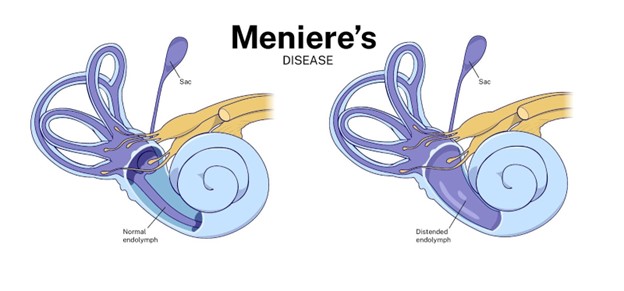A client presents to the clinic with complaints of otalgia and muffled sounds. The client is diagnosed with external otitis. Which of the following will the nurse not include in client teaching?
Report itching if it becomes bothersome
Use earplugs when swimming
Insert a cotton-tip applicator to remove excess wax
Use a hairdryer set to low, 6 inches away from ear
The Correct Answer is C
Choice A Reason: Reporting itching if it becomes bothersome is part of client teaching, as it may indicate inflammation or infection of the ear canal. External otitis is also known as swimmer's ear, as it can be caused by water trapped in the ear after swimming or bathing.
Choice B Reason: Using earplugs when swimming is part of client teaching, as it can prevent water from entering and irritating the ear canal. External otitis can be prevented by keeping the ear dry and avoiding trauma or foreign objects.
Choice C Reason: This is the correct choice. Inserting a cotton-tip applicator to remove excess wax is not part of client teaching, as it can damage or scratch the ear canal and increase the risk of infection. Wax helps protect and lubricate the ear canal and should not be removed unless it causes hearing impairment or discomfort.
Choice D Reason: Using a hairdryer set to low, 6 inches away from ear is part of client teaching, as it can help dry the ear canal after swimming or bathing. External otitis can be treated by applying warm compresses, using topical antibiotics or antifungals, and taking pain relievers or anti-inflammatory drugs.
Nursing Test Bank
Naxlex Comprehensive Predictor Exams
Related Questions
Correct Answer is B
Explanation
Choice A Reason: A virus is not detected by the KOH test, which is used to diagnose fungal infections of the skin, hair, or nails. A virus can be detected by other tests, such as polymerase chain reaction (PCR) or viral culture.
Choice B Reason: A fungal infection is detected by the KOH test, which dissolves the skin cells and leaves behind the fungal elements that can be seen under a microscope. A fungal infection can cause symptoms such as itching, scaling, redness, or blisters.
Choice C Reason: A bacterial infection is not detected by the KOH test, which is specific for fungi. A bacterial infection can be detected by other tests, such as gram stain or culture.
Choice D Reason: Cancer is not detected by the KOH test, which is not a screening tool for malignancy. Cancer can be detected by other tests, such as biopsy or imaging.
Correct Answer is A
Explanation
Choice A Reason: This is incorrect because Ménière's disease is not caused by an allergic response. Ménière's disease is a disorder of the inner ear that causes vertigo, tinnitus, hearing loss, and a feeling of fullness in the ear. The exact cause of Ménière's disease is unknown, but it may be related to fluid imbalance, infection, trauma, or autoimmune reaction.
Choice B Reason: This is correct because diphenhydramine can help offset the nauseous feeling. Diphenhydramine is an antihistamine that blocks histamine receptors in the brain and inner ear, which can reduce nausea and vomiting associated with vertigo.
Choice C Reason: This is correct because anticholinergics will help you rest. Anticholinergics are a class of drugs that block acetylcholine receptors in the brain and body, which can have sedative effects and reduce motion sickness. Diphenhydramine has anticholinergic properties.
Choice D Reason: This is correct because diphenhydramine can help reduce vomiting episodes. As mentioned above, diphenhydramine can reduce nausea and vomiting by blocking histamine receptors in the brain and inner ear.

Whether you are a student looking to ace your exams or a practicing nurse seeking to enhance your expertise , our nursing education contents will empower you with the confidence and competence to make a difference in the lives of patients and become a respected leader in the healthcare field.
Visit Naxlex, invest in your future and unlock endless possibilities with our unparalleled nursing education contents today
Report Wrong Answer on the Current Question
Do you disagree with the answer? If yes, what is your expected answer? Explain.
Kindly be descriptive with the issue you are facing.
